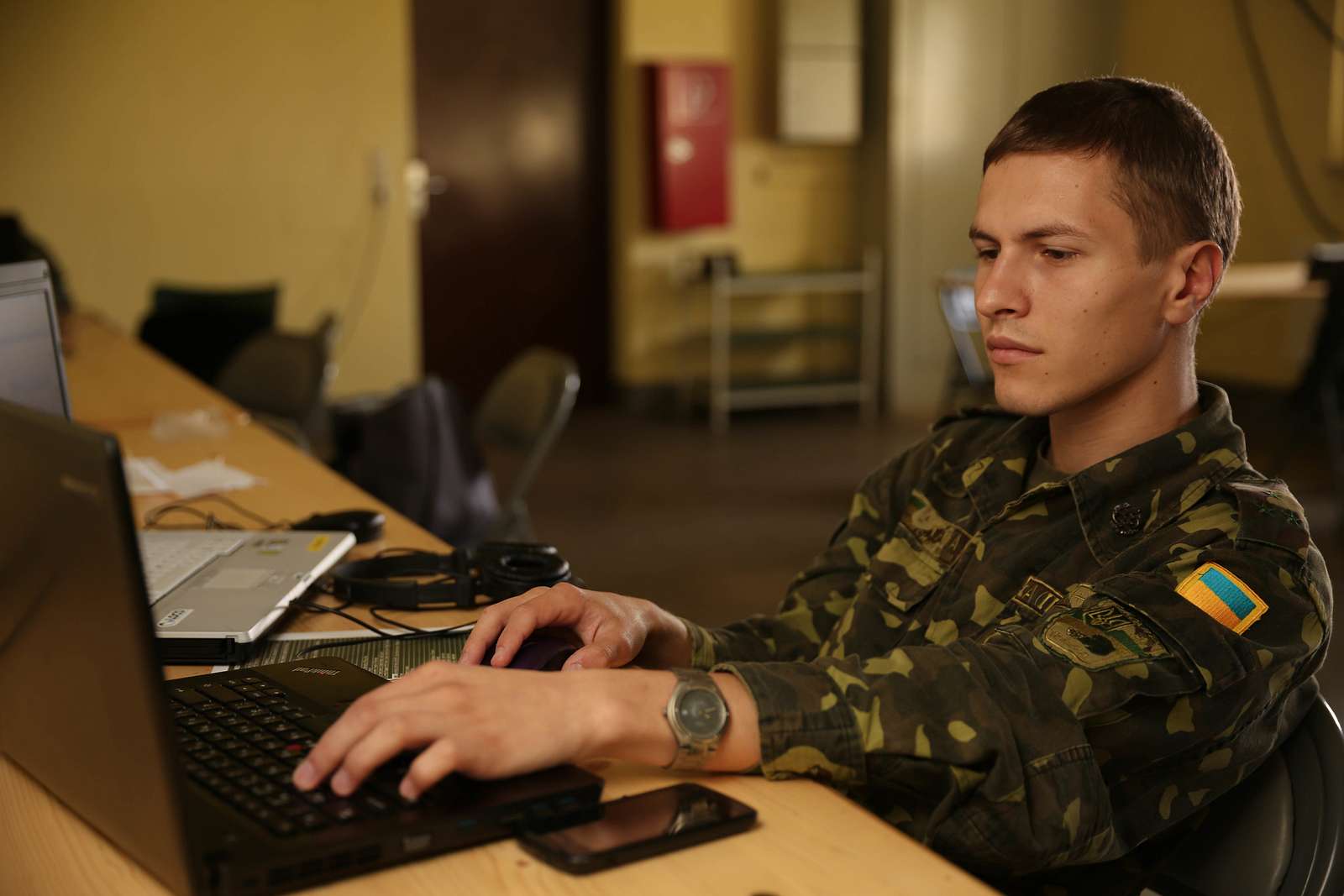When Is a Covert Action No Longer Covert?
Riddle me this: At what point does official acknowledgment of a covert action become so strong that it can no longer be justified as a covert action--which is statutorily defined as action in which the role of the United States is not intended to be acknowledged or apparent? And if the government crosses that threshold, can the activity be continued, and under what authority?
Yesterday evening, President Obama gave the following remarks on drones a as part of his Google+ Hangout Interview
Riddle me this: At what point does official acknowledgment of a covert action become so strong that it can no longer be justified as a covert action--which is statutorily defined as action in which the role of the United States is not intended to be acknowledged or apparent? And if the government crosses that threshold, can the activity be continued, and under what authority?
Yesterday evening, President Obama gave the following remarks on drones a as part of his Google+ Hangout Interview (see 26:32):
Q: Mr. President, since you took office, you've ordered more drone attacks in your first year than your predecessor did in his entire term. These drone attacks cause a lot of civilian casualties. I'm curious to know how you feel they help the nation and whether you think they're worth it. THE PRESIDENT: Steve, I can't hear you right now. MR. GROVE: Oh, I'm sorry. THE PRESIDENT: There you go. MR. GROVE: I wanted to explain the reference to The New York Times, just because the story today focused on the use of drones in Iraq, actually. THE PRESIDENT: Well, that story I think was a little overwritten. The truth of the matter is we're not engaging in a bunch of drone attacks inside of Iraq. There's some surveillance to make sure that our embassy compound is protected. As a general proposition, the question that was posed, I want to make sure that people understand actually drones have not caused a huge number of civilian casualties. For the most part, they have been very precise precision strikes against al Qaeda and their affiliates. And we are very careful in terms of how it's been applied. So I think that there's this perception somehow that we're just sending in a whole bunch of strikes, willy-nilly. This is a targeted, focused effort at people who are on a list of active terrorists who are trying to go in and harm Americans, hit American facilities, American bases, and so on. It is important for everybody to understand that this thing is kept on a very tight leash. It's not a bunch of folks in a room somewhere just making decisions. And it is also part and parcel of our overall authority when it comes to battling al Qaeda. It is not something that’s being used beyond that. MR. GROVE: Got it. Q: Mr. President, do you think that possibly these drone strikes, do they send the message that the U.S. is interfering in other country's affairs? Because I feel like regardless of how much we do, people in other countries might perceive that we're interfering, and that might not be good for us. Is there a way that we're combatting that? THE PRESIDENT: Well, I think that we have to be judicious in how we use drones. But understand that probably our ability to respect the sovereignty of other countries and to limit our incursions into somebody else's territory is enhanced by the fact that we are able to pinpoint-strike an al Qaeda operative in a place where the capacities of that military in that country may not be able to get them. So obviously a lot of these strikes have been in the FATA, and going after al Qaeda suspects who are up in very tough terrain along the border between Afghanistan and Pakistan. For us to be able to get them in another way would involve probably a lot more intrusive military actions than the one that we're already engaging in. That doesn’t mean that we shouldn’t be careful about how we proceed on this. And obviously I'm looking forward to a time where al Qaeda is no longer an operative network and we can refocus a lot of our assets and attention on other issues. But this is something that we're still having to deal with. There are still active plots that are directed against the United States. And I think we are on the offense now; al Qaeda has been really weakened. But we've still got a little more work to do, and we've got to make sure that we're using all our capacities in order to deal with it.After the President makes such remarks, how can we really be expected to take seriously the notion that the drones program is meaningfully covert?
Benjamin Wittes is editor in chief of Lawfare and a Senior Fellow in Governance Studies at the Brookings Institution. He is the author of several books.





